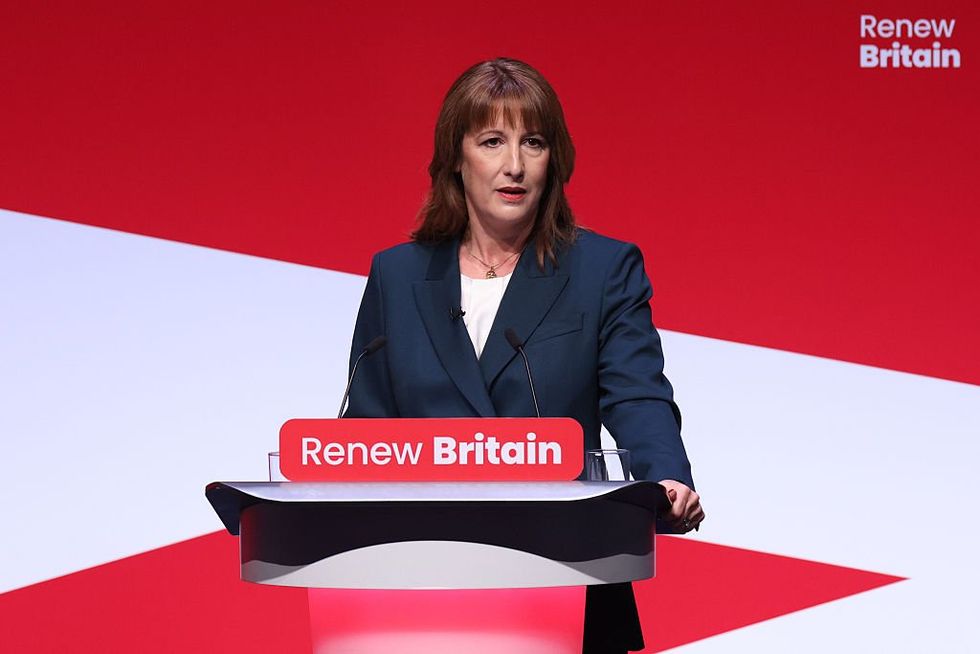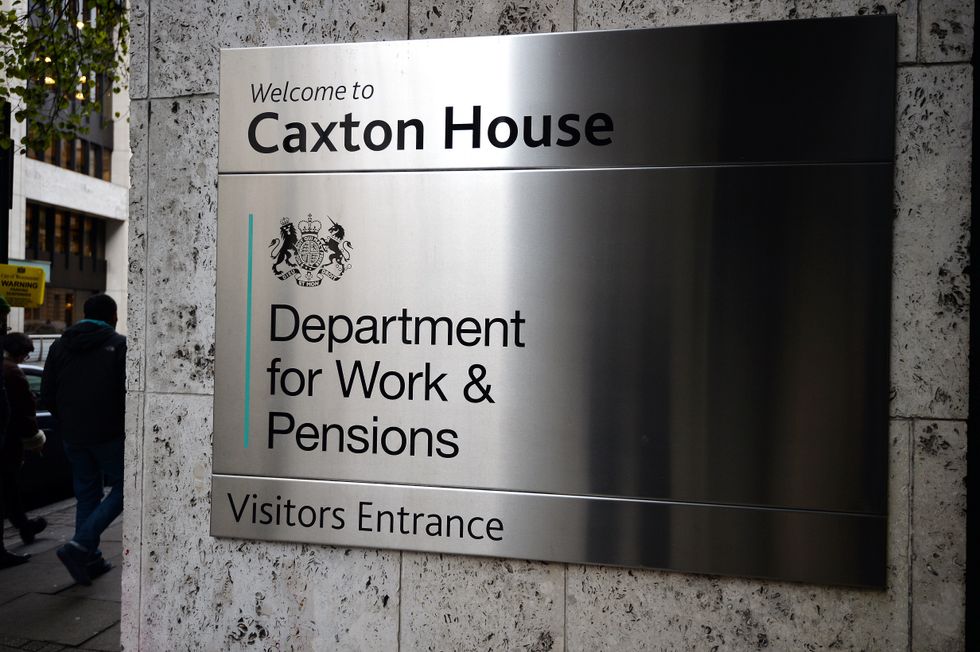Rachel Reeves has indicated she is open to removing the two-child benefit cap, saying she does not believe children should be “penalised” for being part of larger families.
Her remarks followed comments from former prime minister Gordon Brown, who said he was “confident” the Government would make changes to the policy in the upcoming Budget.
The Chancellor has suggested she is open to scrapping the two-child benefit cap during an interview with BBC Radio 5 Live’s Matt Chorley. Rachel Reeves said children should not be penalised because of their family size or their parents’ income.
Speaking from Number 11 Downing Street, she stressed that tackling child poverty is vital for the economy, saying: “In the end, a child should not be penalised because their parents don’t have very much money.”
Her remarks follow mounting internal Labour pressure to eliminate the restriction, which limits universal credit and child tax credit support.
Former Prime Minister Gordon Brown has expressed optimism that the government will address the benefit restriction in the forthcoming Budget on November 26.
“I am confident that the two-child rule will be addressed,” Mr Brown told Sky News in an interview released on Monday.
The Labour veteran highlighted the Prime Minister’s engagement with the matter.

“Keir Starmer, I know is personally concerned and interested in this,” he said, adding: “So I’m hopeful that in the next few weeks we’ll see the kind of action that we’ve been talking about.”
Sir Keir’s administration has encountered growing demands from within Labour ranks to eliminate the cap.
Ms Reeves outlined various circumstances that lead to larger household compositions during her interview.

She highlighted situations where working parents might face unexpected hardship through chronic illness or death.
“There are plenty of reasons why people make decisions to have three, four children, but then find themselves in difficult times,” she explained.
The Chancellor also noted that adoption and foster care arrangements contribute to changing family structures.
She emphasised that household compositions evolve for numerous reasons over time. “I don’t think that it’s right that a child is penalised because they are in a bigger family through no fault of their own,” Ms Reeves stated.

The benefit restriction was initially revealed by the Conservative government in 2015 before taking effect two years later. The policy limits universal credit and child tax credit payments to a household’s first two children in most circumstances.
According to the Child Poverty Action Group, the measure forces 109 children throughout Britain into poverty each day. Campaigners have consistently highlighted these statistics whilst advocating for the policy’s removal.
Ms Reeves affirmed Labour’s commitment to tackling child poverty during her interview. “The last Labour government proudly reduced child poverty and we will reduce child poverty as well,” she declared.
Our Standards: The GB News Editorial Charter







Follow